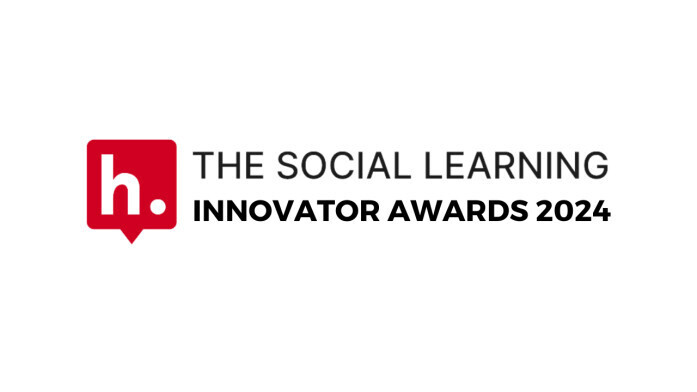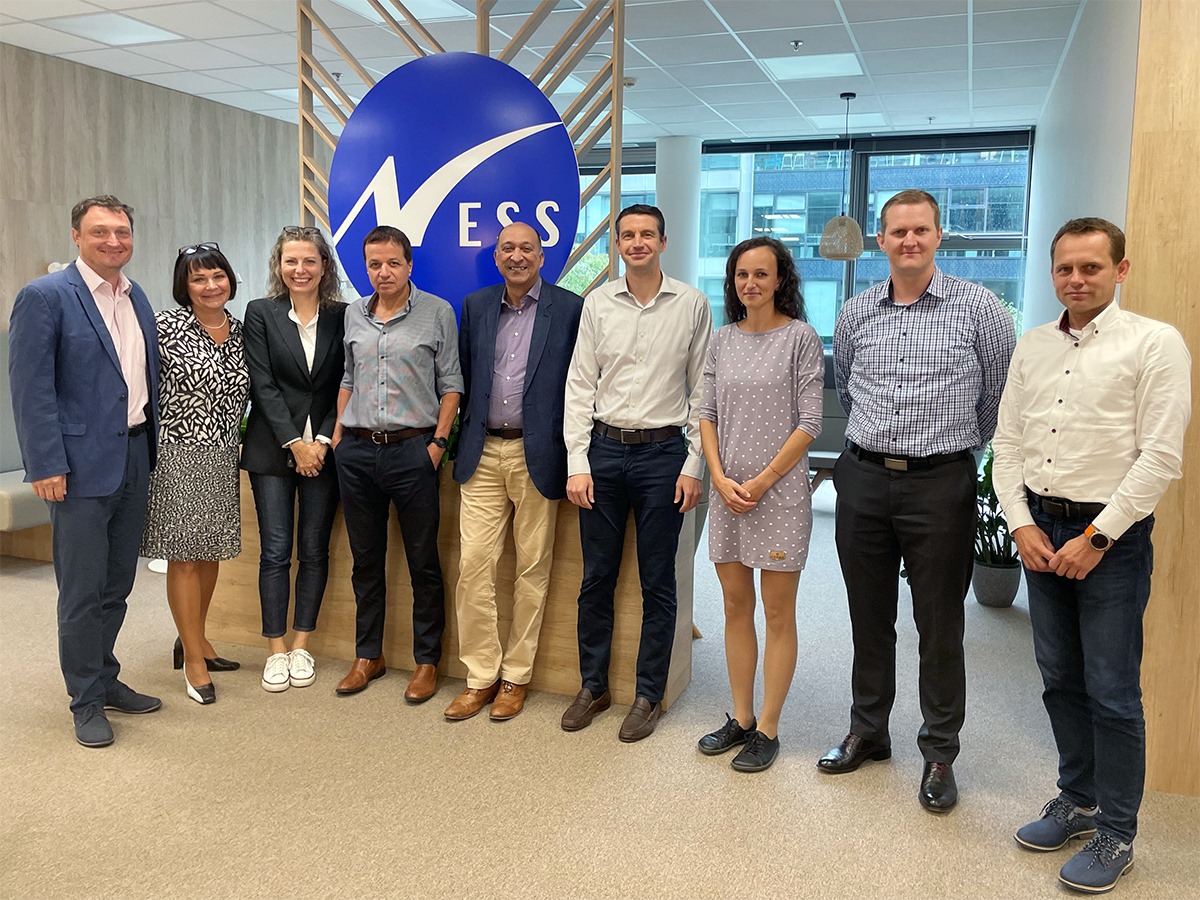Startups have been hit hard by the COVID-19 pandemic. Many early-stage ventures don’t have the disposable income to shield themselves from falling sales, delays in supply chains, and the sudden pause in investment. Nonetheless, student entrepreneurs have remained committed to their business vision and continued building a company in these new conditions.
Despite the challenges posed by the crisis, entrepreneurs are optimistic that by pivoting towards emerging customer needs and harnessing the surge in online activity, there is real potential to not only launch during the COVID-19 pandemic, but be successful too. In fact, history shows that market downturns can produce some of the biggest companies in the world. In 2008 when the housing crash took place, Airbnb offered affordable accommodation without long-term commitment, and three years later, was valued at over $1 billion.
In the spirit of opportunity, Gigastartups spoke with Palash Soni and Kishore Kothandaraman, two Harvard student entrepreneurs and the CEO and COO of Goldcast – a turnkey platform for marketers and event organizers to conduct live virtual business events, conferences, and trade shows with measurable ROI.
Below is a transcript of the interview edited for length and clarity.
What were some of the unique challenges you faced while trying to build a company during COVID-19?
Kishore: The economy isn’t doing great, and hence a lot of company budgets have been cut down. This makes it difficult for young startups to sell to enterprises. Especially if the startup is catering to sectors like transportation or retail – which aren’t doing well either – it’s hard to scale the business.
However, I’m truly excited for what lies ahead – I know many people who are solving problems that have opened up during the pandemic and now look set to stay.
How can companies find a way to still generate leads and sales amid the shocked economy?

Palash: Our mentors suggested a three-pillar strategy to generate leads and sales –
First, as budgets have been cut across all departments, don’t focus on ACV (Annual Contract Value) during these times but instead focus on the adoption of your product.
Second, research shows that 67 percent of consumers’ buying decisions are done digitally. In the pandemic, both consumers and companies are spending a lot of time online, so it’s important to identify where they are spending time. Devote time to looking at social media groups and online communities to better understand what people’s needs are right now.
Finally, ‘referencability’ is a real thing in tough times. In the uncertainty, customers trust other customers who have bought/used a product more than ever. Target a small group of initial customers to build credibility with, then empower them to promote your product organically.
How can student entrepreneurs take advantage of academic connections and opportunities to build a company?

Kishore: Start by taking courses/electives that can help you build your company. For example, one of the courses I studied in my first year was ‘The Entrepreneurial Manager’. Through various case studies, I learned about the pivotal points many startups face in their journeys and how founders can navigate these challenges.
Next, I would urge student entrepreneurs to build relationships with their professors – they have incredible networks and years of experience that can help with initial customer discovery calls and launching pilot phases.
Lastly, be willing to listen and grow from classmates who come from different backgrounds – they can assist you with things you don’t know about. Even recently, I pinged an old classmate to understand how SEO and content marketing should be done for an early-stage software product. These interactions accelerate your knowledge by leveraging your classmates’ expertise.
What advice do you have for how students can balance the high-pressure of being a student and an entrepreneur?
Palash: Since it can be an overwhelming and long journey, I take time off every day to go for a walk or to spend time with my kid – it really refreshes my mind and puts things into perspective. Taking these breaks allows me to keep my long-term vision in place and not consumed by the day-to-day happenings of the company.
That said, it’s different things for different people – I know some of my founder friends like to work out, read books, meditate or do whatever it takes to energize personally.
Disclosure: This article includes a client of an Espacio portfolio company









Show Comments